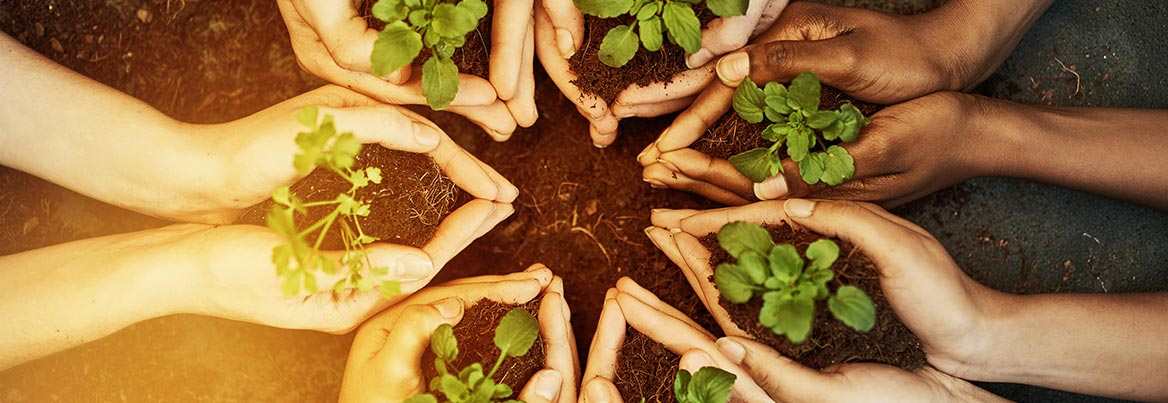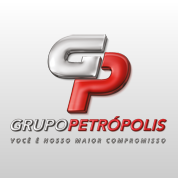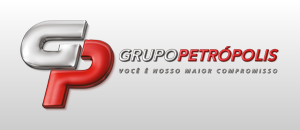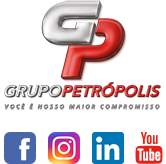Sustainability
Environmental Management System
EMS is a set of processes and practices that enable an organization to reduce its environmental impacts and increase its operating efficiency. The system includes the following programs:
Water resources
Water consumption management to reduce consumption at three different stages of the brewing process. Each step requires specific actions:
Optimize the water use in Petropolis Group plants to achieve the Global Benchmarking Index (3.3 Hl / Hl beer), thus contributing to sustainable and profitable growth. Initiatives we promote:
- Regular training to operation workers: Conservation, Reuse and Recycling;
- Diagnosis, identification, implementation and follow-up (wort ballast water, rinse water, OD’s pre-rinse, sealing machines rinse, box washer);
- Technology to reduce water consumption in pasteurizers cooling towers;
- Optimization of consumption: Interconnection of the CIP return pipe from wort line to the rice washer, water from wort, etc.;
- Rain water harvesting and reuse: pavement washing / Alagoinhas and Itapissuma premises cleaning;
- Use of high efficiency faucets & flush valves.
Water consumption index*
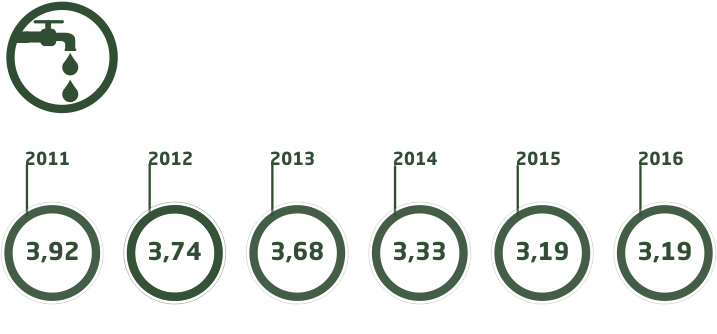
*Liter of water per liter of beer produced.
Air emissions
Control and reduction of motor vehicles and boilers emissions through the following initiatives:
- Awareness Raising Sessions for workers;
- Quantitative analysis of boiler chimneys, own vehicle fleet and third-party fleet emissions
on a 6-month basis; - Deployment of emission reduction technologies;
- CO2 management to ensure surplus trading, lowering air emission;
- AMA Project: 198,029 tons of CO2 captured.
Air emissions compliance
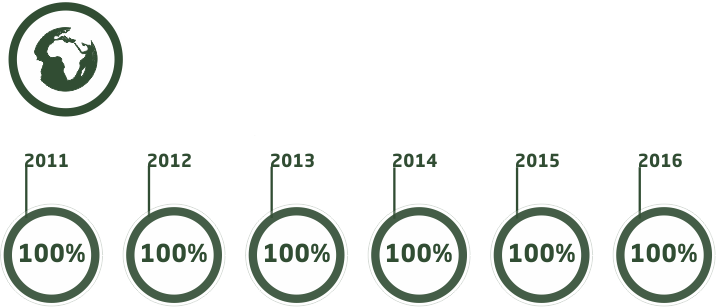
Solid waste
Solid waste management & disposal.
Petropolis Group seeks to minimize solid waste production, increasing its reuse and recycling. Currently,
99% of our waste is reused, preventing pollution and reducing the use of natural resources.
To achieve this goal, we deploy the following actions:
- Awareness Raising Sessions on waste reduction;
- Method of Disposing Non-Recyclable Waste, composting, co-processing, decontamination and refining;
- Waste Stream Monitoring;
- Reverse Logistics Operations deployed in our production plants and Distribution Centers (UND);
- Waste value adding projects developed in partnership with SENAI Faculty – Diatomaceous Earth,
Label Pulp and Sludge ETDI – Zero Landfill; - Inauguration in March 2015 of the Voluntary Delivery Station in Boituva: stimulating municipal selective collection and
supporting reverse logistics; - Reverse Logistics: 527 tons of glass, cardboard, plastic and aluminum separated for reuse.
% of recycled residues
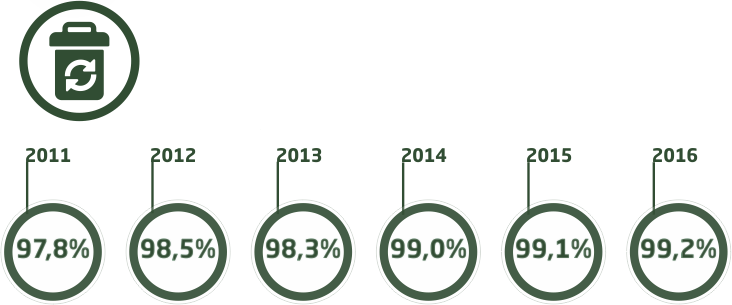
Energy matrix
Reduction of electricity consumption in the production and administrative areas, through technology and awareness. To achieve this goal, we deploy the following actions:
- Energy Management Systems;
- Plant team to identify, deploy and monitor opportunities to reduce electricity consumption;
- Good practices to reduce electricity consumption & regular audits;
- Deployment of electricity consumption reduction technology (air extraction system, separate cooling systems);
- LED and natural lighting in Filling & Packaging lines and process areas;
- Natural ventilation, solar heating in locker rooms and air conditioning system with direct expansion system
cooled with ice water; - Renewable fuels: biomass in Boituva and Rondonopolis;
- In 2016, 29% of renewable fuels were used in our processes.
